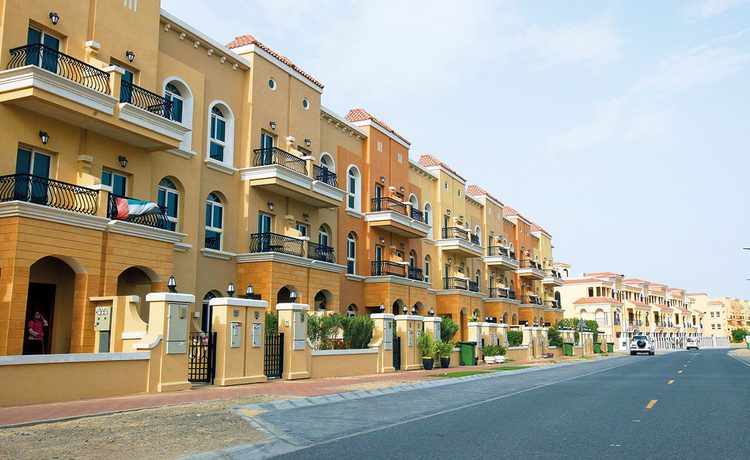JVC sees lower decline despite huge supply with IMPZ and Discovery Gardens worst hit
Dubai: Dubai’s rental market is going against conventional wisdom … at least in some locations. Consider what’s happening at Jumeirah Village Circle.
The mid-market residential community accounted for more than 20 per cent of the 5,000 new homes that were completed and handed over in Dubai during the first six months of the year. That being the case, it should be a given that Jumeirah Village Circle rents would have dropped the most in what continues to be a tough leasing market.
But that’s not how it is turning out to be, at least for now. “Rental rates there have declined only 9 per cent compared to up to 16 per cent in other areas in Dubai” in the first five months, according to Aditi Hariharan, Senior Consultant at the consultancy Cavendish Maxwell. “Locations that have had a larger influx of new supply are not necessarily the areas displaying the steepest rental declines.
“Instead, data from our Property Monitor show Discovery Gardens, Jumeirah Lakes Towers, Dubai Sports City villas, Damac Hills apartments, IMPZ and Arabian Ranches recorded the highest rate of rent decreases. IMPZ (or Dubai Production City as it is known now) registered declines of up to 16 per cent, while rents in Arabian Ranches fell by nearly 10 per cent.”
So, why is it that rents in Jumeirah Village Circle failed to match such drops despite all those new homes being delivered and obviously causing an oversupply? It could be that landlords there are playing it smart, using the newness of the homes as an advantage, with a one-bedroom now showing an average of Dh55,000 a year.
They have also been quick to come up with longer rent-free periods, plus other incentives such as free chiller and fitouts. And some have a 12-cheque payment option. Such an option always works well in a down market and when households need to be xtra watchful about their dirham spends.
“Data also shows a slight increase in the number of 12-cheque payments during January to May when compared to the same period last year,” said Hariharan. “This trend suggests that landlords are displaying increased flexibility in light of tenants’ strong negotiating position. Varying occupancy levels and the liquidity position of individual landlords also play a role in establishing payment terms in the current market.”
Landlords must factor in possible rent hike freeze
Most real estate sources agree that Dubai could end the year with between 20,000 to 25,000 new homes being added. It leaves existing landlords with little time to try and secure rental deals on their properties. Keep demanding a price higher than what the market is prepared to pay, and the risk increases of the property remaining vacant.
The message to landlords — whether renting one home or multiple units — is clear. “Landlords are advised to create momentum by competitive rates,” said John Stevens, Managing Director at the property services firm Asteco. “Also, if they own multiple units, release the properties in smaller tranches to avoid flooding the market and limiting further rental declines.”
There is another factor landlords will need to plan for — Dubai’s proposed three-year rental freeze on new contracts. The Dubai Land Department and RERA (Real Estate Regulatory Agency) confirmed recently that it was studying such a plan, not just for the residential sector but across all property categories. They have not set any dateline to come up with a decision on the rental freeze.
But landlords need to start preparing now for that eventuality. “Because market conditions remain challenging because of oversupply and downward pressure on rents — a trend that is likely to continue in the short-term,” Stevens added.
Luxury home rents on firmer ground, but demand less so
No community or residential neighbourhood in Dubai has been immune to rental pressures in the last two years. But now, some of the upscale locations and their homes are showing a dip in the rate of decline.
“Villa communities such as Jumeirah Park and Palm Jumeirah Fronds — Garden Homes had restricted declines — of under 5 per cent — over the last six months,” said Hariharan.
Stevens is seeing the same trends in the high-end space. “Upmarket units are often less likely to fluctuate unless the owners depend on the income to fulfil financial obligations,” he said. “But demand for these units has definitely softened in line with bearish market conditions.”
All rights reserved to the initial publisher for Gulf News.
Collected and published by Arms &McGregor International Realty® editorial team. Get in touch with us at [email protected]

